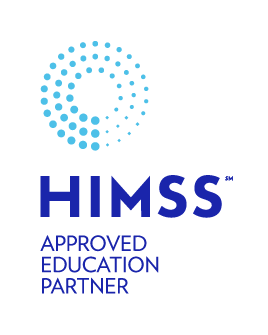 McWilliams School of Biomedical Informatics at UTHealth Houston, formerly UTHealth Houston School of Biomedical Informatics (SBMI) offers a doctoral program in Biomedical Informatics that is designed to be inherently trans-disciplinary and integrative. Involving students with a variety of backgrounds, the program emphasizes fundamental informatics concepts that can apply to all health disciplines. The program is offered full-time or part-time. It can be completed on campus or at a distance. Students studying at a distance should expect to travel to Houston for 2-day residencies once in both the fall and spring semesters. Full time students usually take five years to complete this 93 semester credit hours program.
McWilliams School of Biomedical Informatics at UTHealth Houston, formerly UTHealth Houston School of Biomedical Informatics (SBMI) offers a doctoral program in Biomedical Informatics that is designed to be inherently trans-disciplinary and integrative. Involving students with a variety of backgrounds, the program emphasizes fundamental informatics concepts that can apply to all health disciplines. The program is offered full-time or part-time. It can be completed on campus or at a distance. Students studying at a distance should expect to travel to Houston for 2-day residencies once in both the fall and spring semesters. Full time students usually take five years to complete this 93 semester credit hours program.
Our school offers scholarships for Ph.D. students that include tuition & fees support during the first year of academic study. Competitive full-ride scholarship opportunities for top candidates are also available. These competitive scholarships are limited and offered to the most qualified Ph.D. program applicants.
The trans-disciplinary doctoral program focuses on advanced studies of biomedical informatics in both theories and applications. Students with a variety of backgrounds, including biomedical sciences, computer science and engineering, work together in teams to research real clinical and biomedical problems and develop innovative solutions. The program meets the unique needs of each student by using custom-designed degree plans with the assistance of an advisory committee that guides student progress from admission through graduation.
Students enrolled in the doctoral program will take a set of required courses as well as a set of elective courses based on student interest, pass an advance to candidacy exam, carry out doctoral research in proposed topics, assemble a doctoral dissertation, and defend the dissertation in public.
For more information about the doctoral program please contact:
Office of Academic Affairs
D. Bradley McWilliams School of Biomedical Informatics at UTHealth Houston
(713) 500-3591
[email protected]
Hongfang Liu, PhD
Program Coordinator
[email protected]
Updated: 10/08/2025